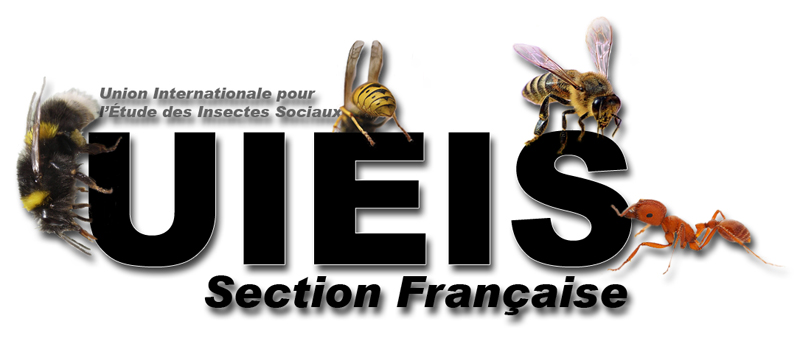
A 2-year post-doctoral fellowship is available at the Insect Biology Research Institute (IRBI, University of Tours).

Caste determination in termites: what is the role of social interactions?
Context and challenges
The reproductive division of labor is often considered as a keystone of social organization in insect societies, where few individuals monopolize reproduction, whereas the other colony members forego their own reproduction to perform the remaining tasks. This organization is generally stable and fixed in most species of social Hymenoptera (i.e. ants, some bees and wasps), as the majority of the colony members have lost the capability to reproduce. But this is very different in subterranean termites where each colony member (under certain conditions) has the capability to become a reproductive individual and may thus disrupt the social organization of its colony.
The post-doctoral project aims at exploring this unique capability in the termite Reticulitermes flavipes by understanding how and why some individuals switch to develop into reproductives. The project will combine laboratory and field experiments, with behavioral and chemical approaches, to elucidate the roles of social and environmental conditions on caste determination in termites.
Required profile
Applicants must have a PhD in at least one research field of the project: behavioral ecology, evolutionary biology, entomology or chemical ecology. The successful candidate must have some experience working with insects. Knowledge in social insects, behavior, statistics (with R) and chemical ecology (GC-MS) will be appreciated.
Practical and salary
The Insect Biology Research Institute offers state-of-the-art equipment and expertise to study all aspects of insects biology, ranging from genomes to communities and covering research fields such as behaviour, genomic, ecology, biochemistry and evolution. Salary is fixed according to the scientific experience of the candidate, starting 25 000€/year for 2 years (contract duration can be extended depending on funding). The laboratory is localized in Tours (1h from Paris), which is a historical town localized in the Unesco world heritage site of the Loire Valley Chateaux.
Applications
Submit your applications by email to Dr. Christophe Lucas (christophe.lucas@univ-tours.fr) including a cover letter with your research interests, a CV and contacts of two potential referees. Contact information: phone: +33 247-367-372; Web site; address: IRBI, CNRS UMR7261, University of Tours, Av. Monge 37200 Tours, France.
Deadline for application: October 15th, 2017
Decision after interviews: November 15th, 2017
Starting date: January 2018 (can be postponed if necessary)
